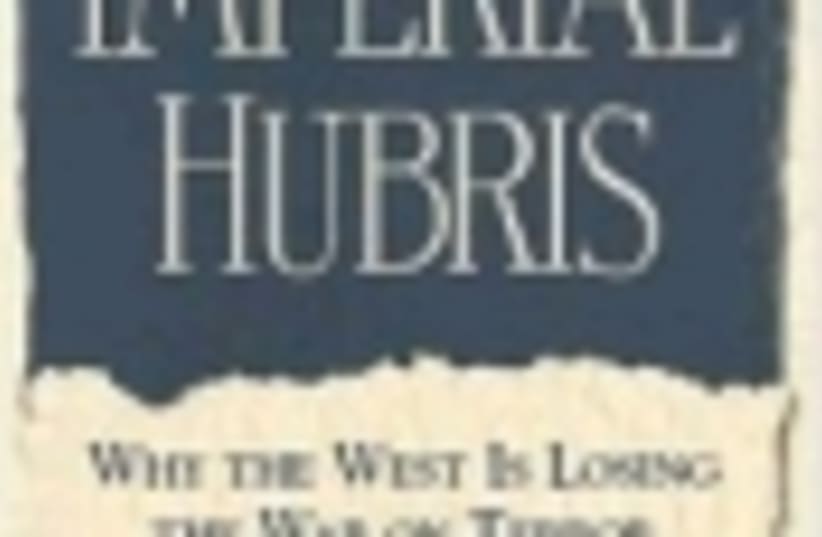| More about: | Presidency of George W. Bush, Saddam Hussein, Osama bin Laden, Council on Foreign Relations |
If hindsight were 20/20
Only the dead have seen the end of war, Plato wrote.


| More about: | Presidency of George W. Bush, Saddam Hussein, Osama bin Laden, Council on Foreign Relations |